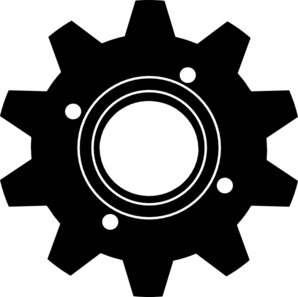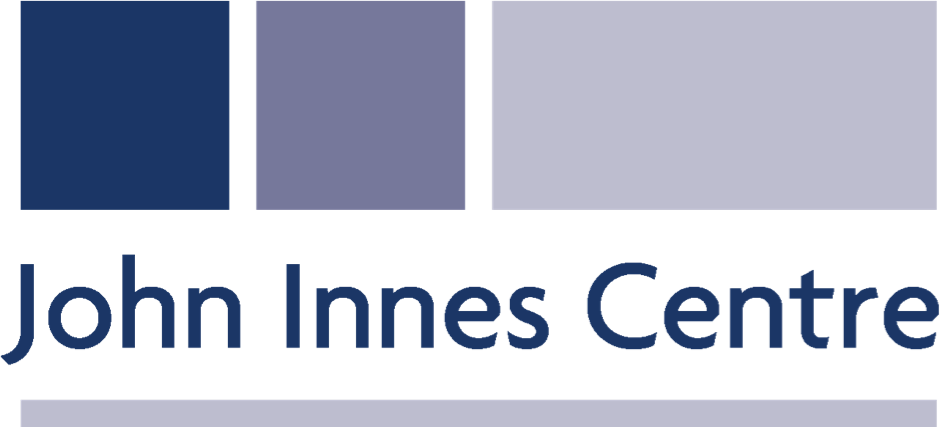
Cambridge iGEM go to Biodesign NightScience
On the weekend that English ferry ports ground to a halt, and travellers faced 14-hour delays, members of the iGEM Cambridge-JIC team defied these odds to reach Paris in the name of science. Rather, in the name of NightScience, an annual conference hosted by the CRI (Center de Recherches Interdisciplinaires) at the Cité des Sciences et de l’Industries which brought together synthetic biologists and innovative thinkers from around the world for two days of fascinating talks and workshops.

The event follows the philosophy of Night Science from the French biologist François Jacob, winner of the 1965 Nobel Prize for Medicine for his joint discovery of transcriptional regulation of enzyme level expression by the lac operon in E.coli. He proposed the concept of Night Science in his 1988 memoir “The Statue Within”, writing:
“Science has in fact two aspects. Day science involves reasoning as articulated as gears, results that have the strength of certainty…
Night Science, on the contrary, wanders in the dark. It hesitates, stumbles, falls. Questioning everything... Nothing guarantees its successes, its ability to survive the tests of logic and experiments, but sometimes thanks to intuition, instinct and the will to discover, as a lightning it illuminates more than a thousand suns…”.Given the opportunity to present our project at the conference along with this year’s Paris Bettencourt iGEM team, the resonance of this idea with the iGEM philosophy and experimental process was clear (though we can only hope our project “illuminates” the plant science community with the light of at least a few suns). It also applied to the projects of many participants we met during the conference from interdisciplinary labs, such as the CRI and the Waag Society in Amsterdam, and the Bio Makespace community.
We were inspired by the DIY hacking culture of this community and wanted to lend our support through the engineering side of our project. By developing low-cost open source hardware for the transformation and growth of plant tissue samples, we hope to equip the DIY Bio community with the tools it needs to increase the use of plant chassis. Attracting people from a diverse range of backgrounds, the Makespace community is a promising way to improve the interaction of non-scientists with the field of plant synthetic biology.
Since our return to Cambridge, we have continued the design of a growth facility and gene gun. Several of our team members are also in the process of establishing Cambridge’s first Bio Makespace, which we hope to support as a team with the hardware we are developing and outreach activities later this summer.
The workshop ran from 22nd to 23rd July 2016












